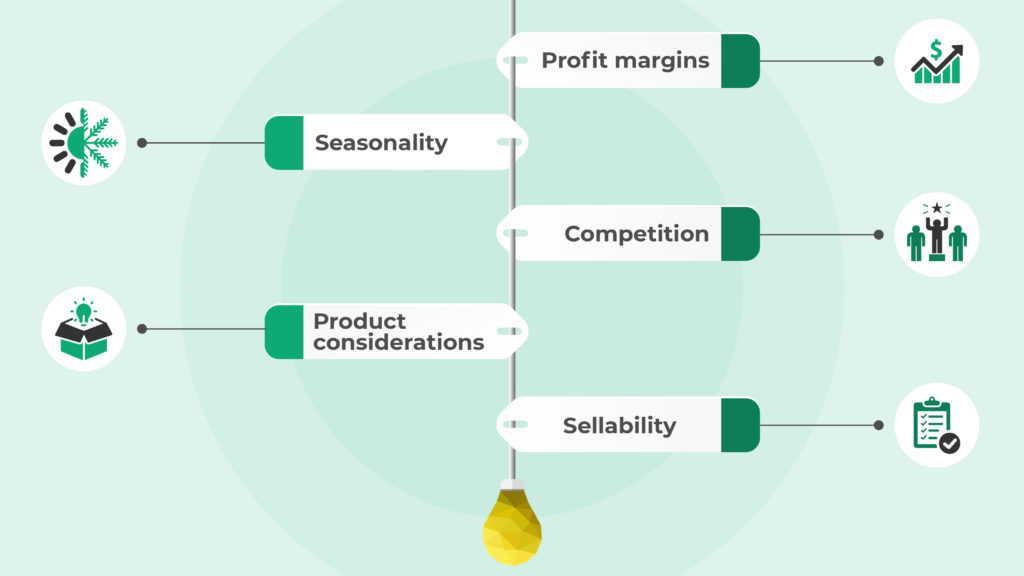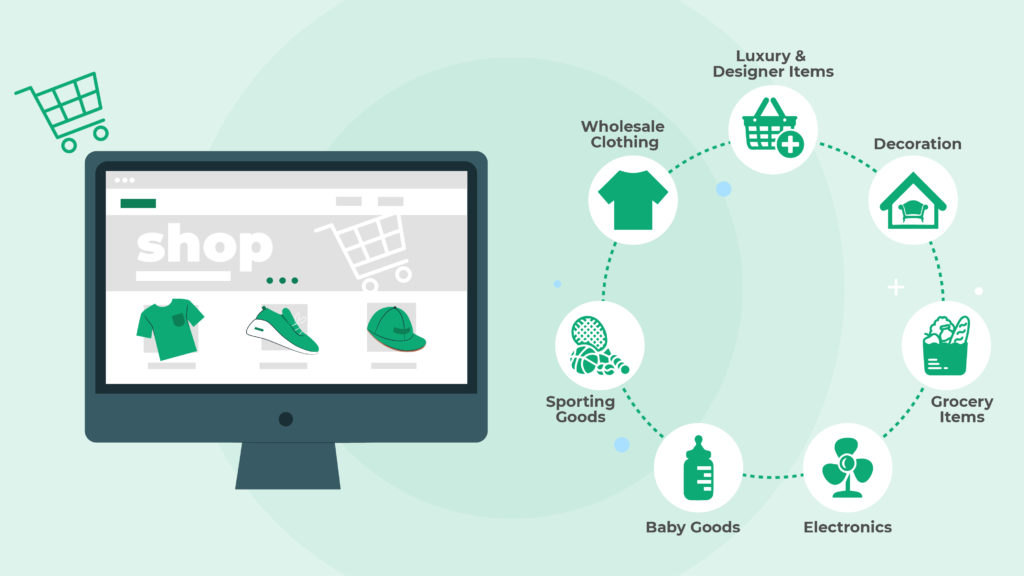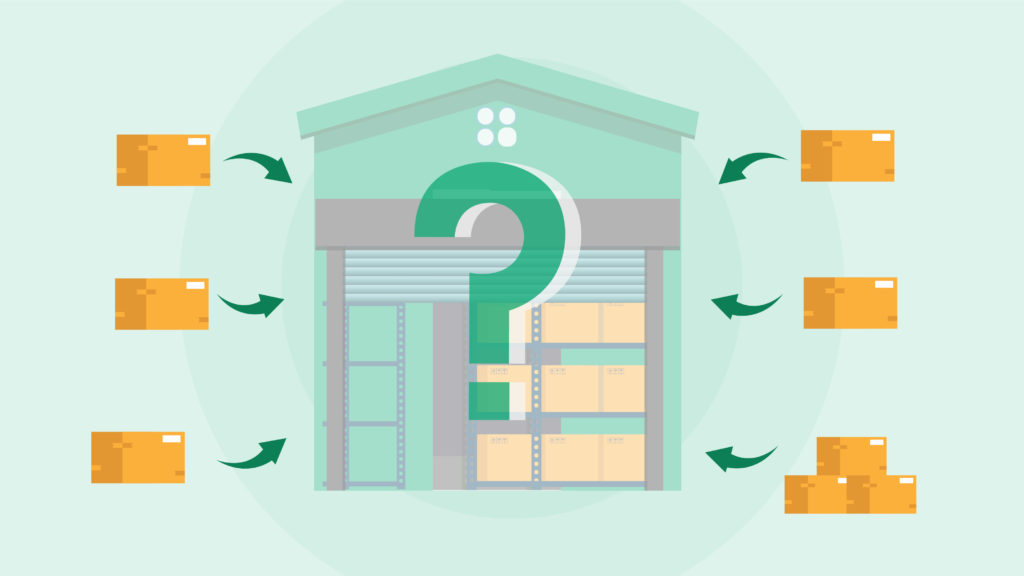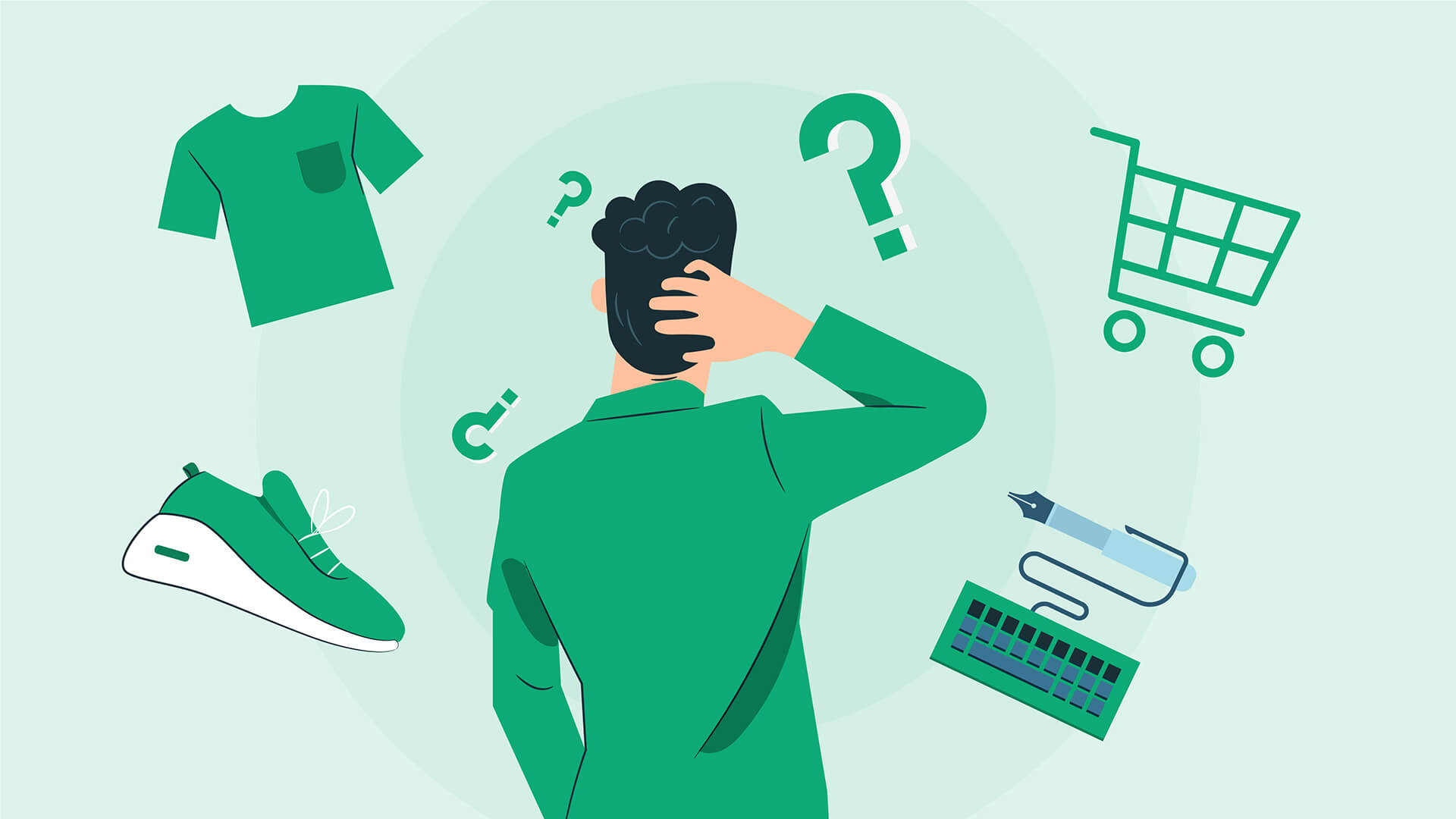Retail stores sell goods directly to the end user in small quantities, typically in either a brick-and-mortar or ecommerce store. Wholesale suppliers, on the other hand, sell wholesale goods in larger quantities to store owners and others within a number of industries, who then sell the goods to the end consumer.
Selling products wholesale provides access to a diverse range of outlets and a huge market, which can enable rapid growth and expansion. To best position a wholesale business for profitability, significant research and planning should occur.
One of the most important considerations every prospective wholesaler has to make is which wholesale items to sell. There are various options to choose from, each with its pros and cons.
If you want to start selling wholesale products as part of your existing or new business model, pay close attention to some of the best wholesale goods to sell.
How to Decide Which Wholesale Items To Sell

If you sell wholesale products, it’s vital to understand the risks. Choosing the wrong products will cut into your profits and you’ll end up stuck with more inventory than you can sell, resulting in high storage costs. If you choose to enter one of the more popular wholesale markets, you may face such tough competition that you’re forced to drop prices to the point where your business isn’t viable.
Here are just a few of the factors businesses selling wholesale items need to consider:
- Profit margins, i.e., how much money you can make selling your products, either via your own online store or any other outlet;
- Seasonality, including whether or not the products sold will be in demand throughout the year;
- Competition, i.e., how many wholesale marketplaces and suppliers exist for the product you are interested in, and what the current market demand is;
- Product considerations, including the size and weight of the goods, which can impact shipping and storage costs, along with your wholesale pricing;
- Sellability, including the likelihood that clients will need to reorder the product after it’s been purchased once. Customers frequently reorder products with expiration dates (like health and beauty products) but not big-ticket, durable items (like appliances).
The Best Wholesale Items to Sell

Once you understand the nuances of operating within a wholesale marketplace, you can start weighing up your options.
1. Wholesale Clothing
The wholesale clothing and apparel market is still growing. It’s expected to reach the $1.5 trillion mark in 2025. The growing trend towards online shopping, low production costs, and high-profit margins feeds the wholesale market with no real odds of slowing down. However, there has been some pushback against fast fashion in recent years, and no one knows if (and when) a crash will happen.
2. Luxury and designer items
With a strong retail network and financial foundation, selling luxury products can be an extremely successful wholesale venture. Luxury and designer items have similar benefits to wholesale clothing but with far less competition. Profit margins are even higher, and demand is predictable (even during a recession or economic downturn). On the downside, wholesale luxury items are expensive to acquire in bulk and can be quite seasonal. Because of this, there’s risk that these items won’t sell before the season changes.
3. Holiday decorations and party supplies
Selling decorations and party supplies is a good business venture if you have a strong grasp on supply lines and seasonality. Make sure you find a differentiator, whether it’s the quality of the supplies you choose, the design, or the holidays you focus on. Some businesses make their living entirely through Christmas and other holiday decorations sold in bulk in December, but there are holidays and traditions around the world that you can leverage for your own wholesale business.
4. Grocery Items
Wholesale food and beverage items are easy to produce, package, and ship, which makes selling them on a wholesale marketplace fairly straightforward. According to some sources, grocery wholesaling will reach a market value of $258.4 billion in 2022. Grocery wholesaling was negatively impacted by global uncertainty and supply chain disruptions, but growth remains steady, making it a predictable and low-risk option.
5. Electronics
The global electronics industry is worth a whopping $2 trillion, with high markups and growing demand. Despite being high-priced items, electronics are fairly disposable and quickly reach obsolescence as consumers upgrade their phones, laptops, and other gadgets regularly. The shelf life is relatively long – once electronics fall out of vogue in one market, they are easily shipped to developing nations where demand is high, even for older electronics. Competition is lower than you might think, with a few large companies dominating the industry and many small businesses making up the rest.
6. Baby goods
According to IBIS World, the US baby goods market is worth $15 billion. It’s undergone a rapid growth spurt over the last five years thanks to the growth and acceptance of online retail. Infants outgrow their clothing quickly and constantly require formula, food, diapers, and other goods that provide a steady stream of demand.
7. Sporting Goods
Demand for sporting goods wholesaling increased in 2022 as sports and leisure activities resume following the pandemic. IBISWorld forecasted that the industry revenue will increase at an annual rate of 9% to $81.8 billion over the next five years. Businesses who sell sporting goods need to pay close attention as seasonal trends apply.
Conclusion

Successful wholesalers must pay close attention to production, quality control, supply chains, and inventory. It’s important to strike a balance between keeping excess inventory and reaching stock-out levels all the time. To stay competitive, wholesalers need a real-time view of the entire operation and supply chain. One of the optimal ways to do that is through a modern ERP system.
The right ERP will keep inventory costs low, minimize stock-outs, track orders, reduce overheads, and keep customers satisfied. Get in touch with 10X ERP to find out how our modern, web-based ERP software can help you outpace the competition today and, more importantly, into the future.
